The Atipan Project ( https://www.usacfi.net/atipan-project.html ) won 3 awards at the Asian Development Bank (ADB) Civil Society Organizations (CSOs) Conference last 21-22 September 2023 in Ortigas, Pasig City, Metro Manila, Philippines. Out of 10 organizations from 6 countries (Armenia, Thailand, Laos, Cook Islands, Cambodia, Philippines) chosen from more than 120 proposals submitted to ADB in 2021 to address challenges brought about by the global COVID-19 epidemic, the Atipan Telehealth Project came out on top after 2 years of project implementation garnering (1) outstanding communications – reaching diverse stakeholders, (2) innovative implementation and community engagement – setting a significant benchmark for ADB’s future collaborations with civil society organizations, and (3) maximizing gender benefits – including women in decision-making. Atipan bested other larger, more established and more resourced CSOs from all over Asia, including CSOs with worldwide footprints.
The implementors of Atipan dedicated the awards to the Indigenous and rural low income communities they have been serving, and the University of San Agustin that nurtured the project with unwavering support for the Center for Informatics (CFI) and the Center for Heritage and Indigenous Culture (CHIC).
Atipan stood out with technology, data and infrastructure support to benefit communities in the fringes of Western Visayas. The program invested in tools and training community Healthcare Coordinators (HCs) to ensure community members’ access to healthcare consultations with doctors through telehealth. Poor electrical and internet connections remain a pressing challenge in project operations, but the heart moving Atipan is its HCs and the communities they serve, and its soul is the commitment, competence and support of the CFI and CHIC multidisciplinary team of expert implementors.
As of September 2023, 10 communities have been capacitated for COVID-19 mitigation/prevention, with 25 HCs and community assistants in the frontline. Atipan has performed 5380 telehealth consultations and of these, almost 63 percent were with women and girls. Children, adolescents and the elderly were reached in 61 % of telehealth consultations.
“It’s hard to cross rivers. Especially when it rains when bridges get partly submerged in floodwater, but we find ways because the communities need the project,” Junelyn, an HC of Salngan, Passi, Iloilo Province shares. Switsil, an HC from Yolanda Pabahay, the resettlement area of more than 25 communities affected by the killer typhoon in 2013 Haiyan, likewise shares the context of the value of Atipan project: “When Arden and I went to the Yolanda housing project, there was a mother who listed her child, niece/nephew and husband. She did not list others in their home because she said it might be troublesome as there were already many that she listed.”
“We encountered various challenges in doing telehealth in our community such as poor internet signal, sudden cancellation of consultations, and many others… despite these challenges, I go on… I am even more eager to see what telehealth could provide to my community and my personal growth,” Ericka, a young mother, and an HC from the Pantad Ati community, among the remotest in Atipan. Despite the challenges, Ericka has significantly contributed to alleviating her community’s health condition through Atipan.
The data generated from Atipan’s telehealth is groundbreaking—it provides evidence to advocate for support for many remote Indigenous and rural communities that have been neglected, forgotten and pushed aside for many decades. The data paint a very specific picture of the health of underserved communities, and can even accurately model the cost of healthcare which is relevant to the rollout of Universal Health Care (UHC) in GIDAs (geographically isolated and disadvantaged areas).
The Atipan project believes that the way forward with telehealth data is in providing communities with a consciousness of their health status to be able to advocate for the appropriate health services. At the same time, health data being collected through Atipan, almost in real time, can be used for community health monitoring and even disease surveillance. Interestingly, Atipan telehealth picked up many infectious diseases, including zoonoses, setting the stage for a potential role in pandemic/epidemic preparedness and prevention in the future.
[Dr. Romulo de Castro, the Atipan Project’s Lead, is a Balik Scientist hosted by the University of San Agustin. The establishment of the CFI was supported by DOST’s Balik Scientist Program medium term award to Dr. de Castro in 2019-2020, and his current work in mental health is supported by the Philippine Council for Health Research and Development (PCHRD) and the National Center for Mental Health (NCMH). Professor John Paul Petrola’s work in ethnology is supported by the DOST’s National Research Council of the Philippines (NRCP). Dr. Pia Zamora is among the first graduates of the MD/PhD Program of UP Manila, and was supported by the DOST’s Science Education Institute (SEI) through a Career Incentive Program (CIP) fellowship on her health informatics work in the CFI.]
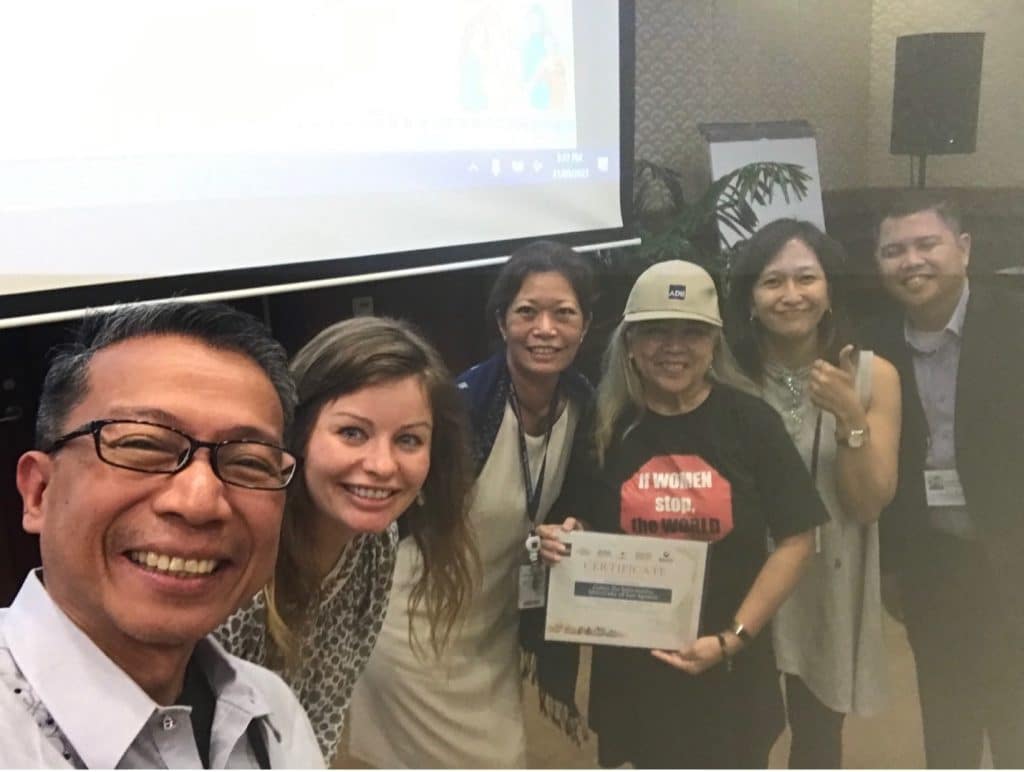
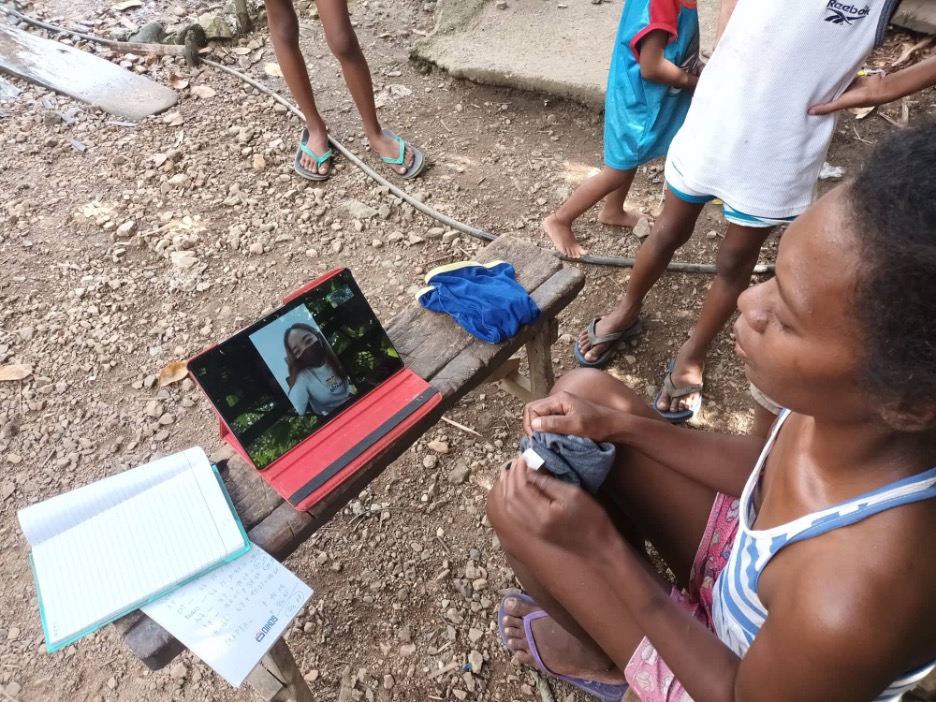
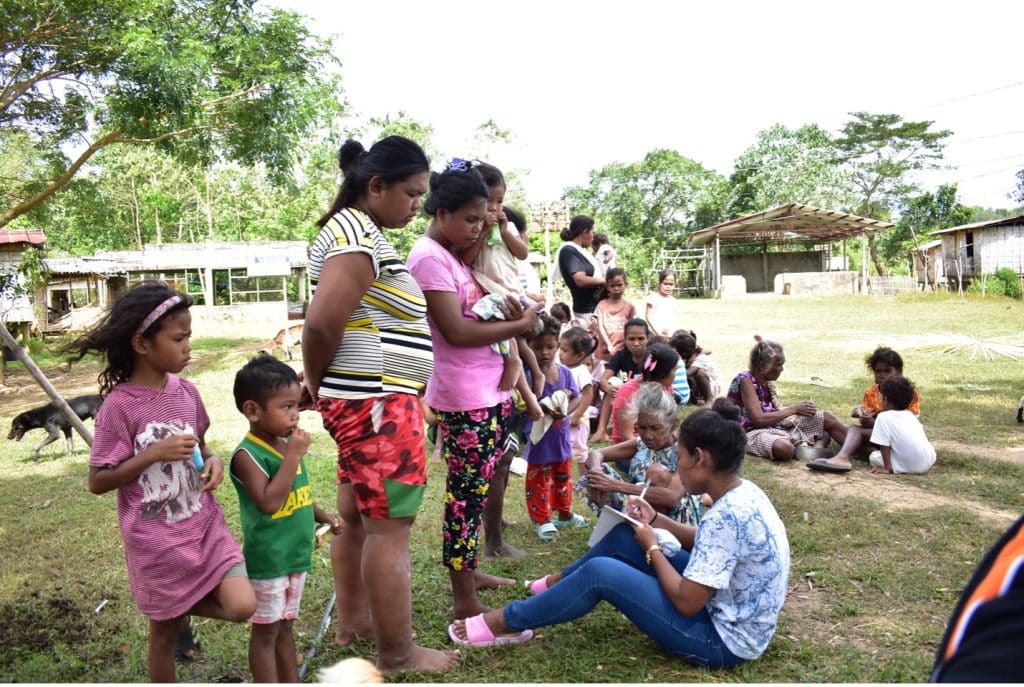
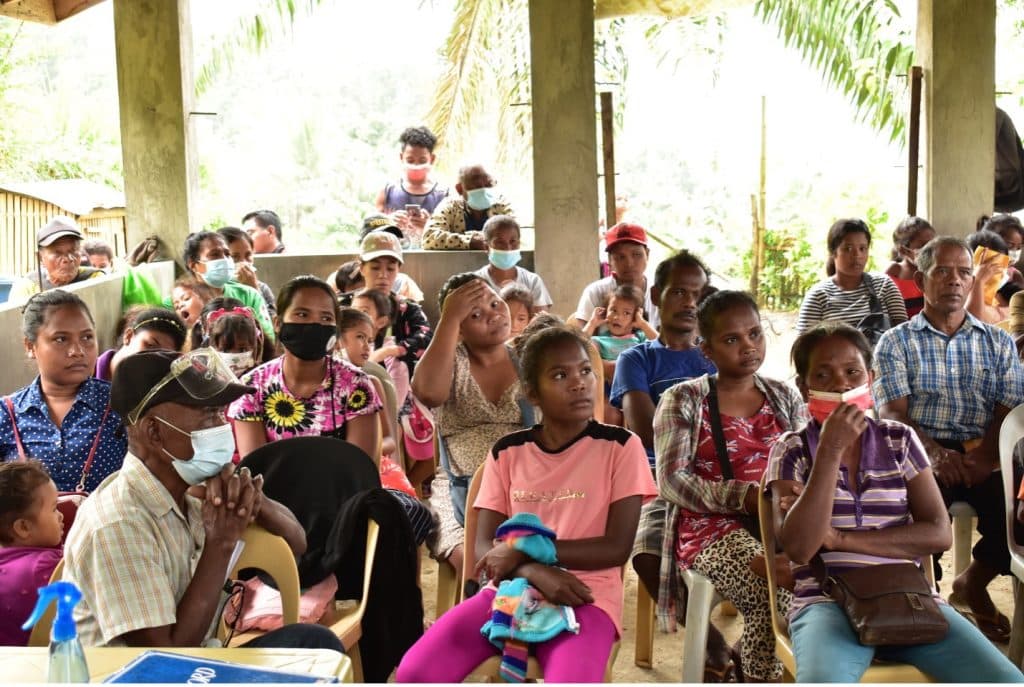
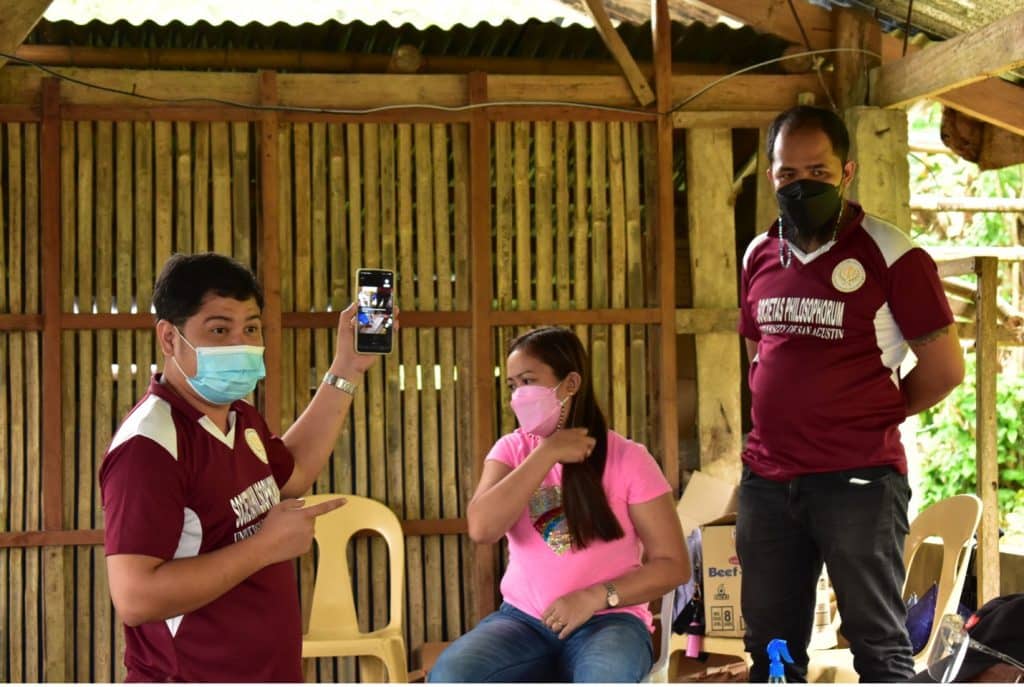
Professor John Paul Petrola introduces telehealth to the community (using a smartphone).
Links to videos:


